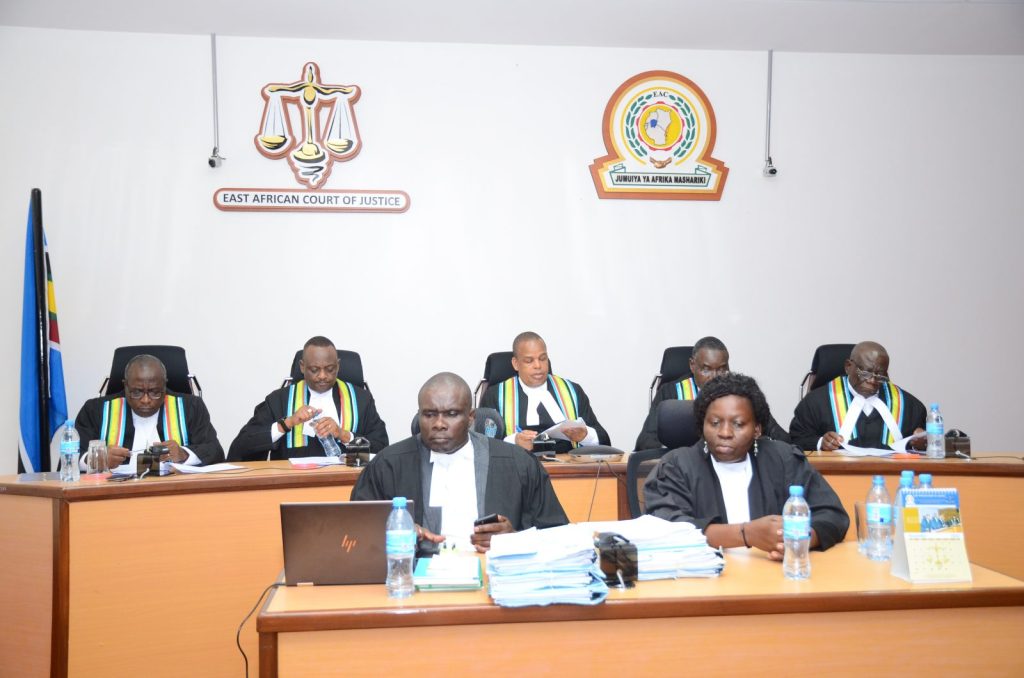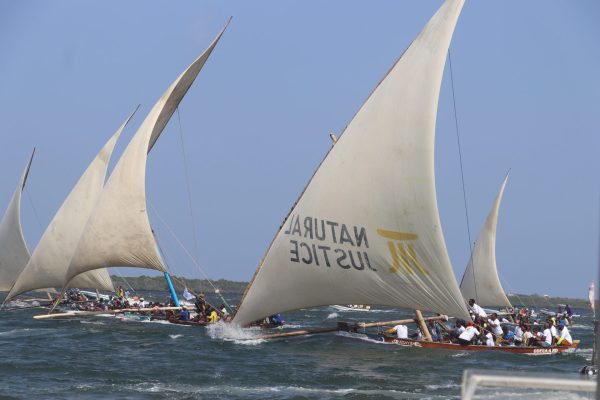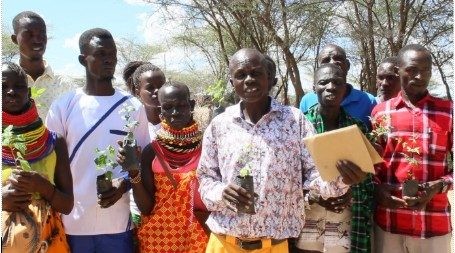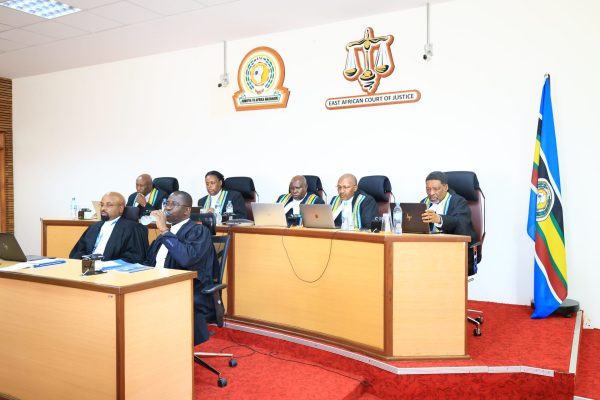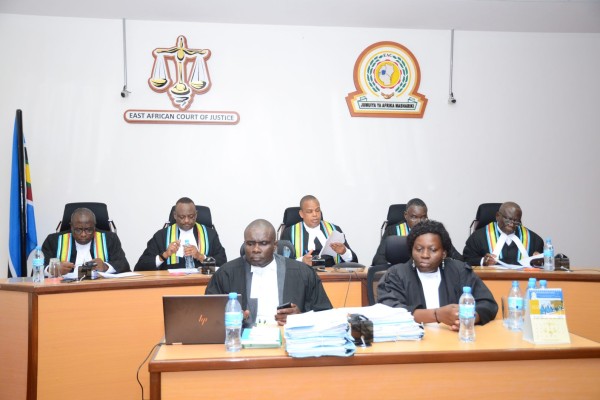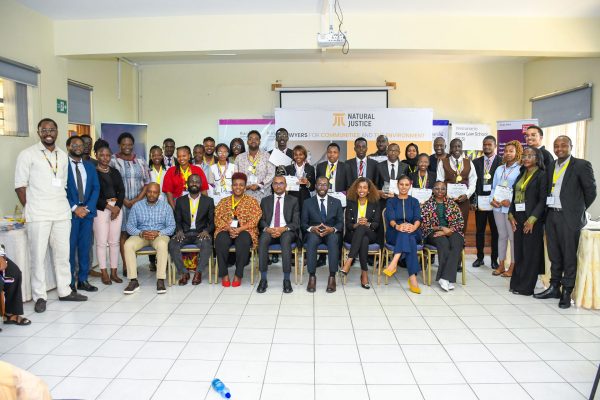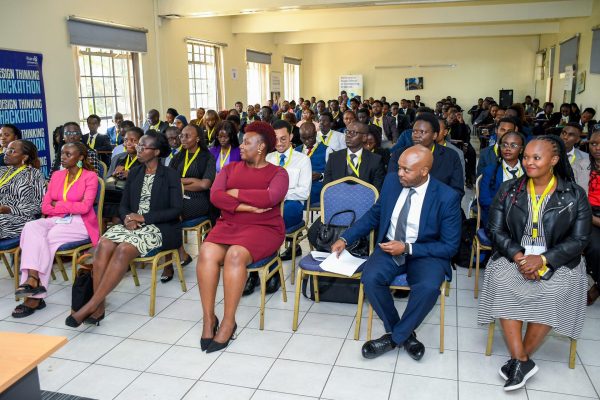Tomorrow, the Appellate Division of the East African Court of Justice (EACJ) will hear an appeal filed by four East African civil society organisations (CSOs) against a judgment made by the First Division of the EACJ in relation to the East African Crude Oil Pipeline (EACOP). The hearing will take place in Arusha, Tanzania.
The appeal was filed by Africa Institute for Energy Governance (AFIEGO) from Uganda, Center for Food and Adequate Living Rights (CEFROHT) from Uganda, Natural Justice (NJ) from Kenya and Centre for Strategic Litigation (CSL) from Tanzania on December 13, 2023.
This followed the dismissal of a court case, Reference No. 39 of 2020, that the CSOs filed in November 2020. The case, through which the CSOs sought temporary and permanent injunctions against the EACOP due to its non-compliance to national and international laws or agreements, was dismissed by the First Instance Division of the EACJ on November 29, 2023.
The case was dismissed following the Solicitor General of Tanzania raising preliminary objections among which was the assertion that the case was filed out of time, and that the EACJ lacked jurisdiction to hear it. The First Instance Division of the EACJ agreed, resulting in dismissal of the case.
The CSOs believe that the judges at the First Instance Division erred in their ruling, and in their appeal, they make the following arguments that they want the Appellate Division of the EACJ to rule on.
The CSOs argue as follows:
- That the court case was filed in time and in compliance with relevant East African Community (EAC) laws.
- That the First Instance court misinterpreted East African Community (EAC) laws and misapplied procedural law to find that the case was filed out of time.
- In addition, that the First Instance court erred in dismissing the case when Tanzania’s Solicitor General challenged only two of the 12 grounds on which the case was premised.
- If the preliminary objection on two grounds were upheld, the court should have preserved and heard the remaining ten grounds.
- Further, that the First Instance court erred in imposing costs on public interest litigants/the CSOs.
The CSOs are seeking the following remedies from the Appellate Division of the EACJ:
- Setting aside the ruling of the First Instance division that dismissed the CSOs’ EACOP case;
- Deferral of the above case back to the First Instance Division for hearing on its merits;
- Alternatively, remittance of the case back to the First Instance Division for trial of the other aspects for which the governments of Uganda and Tanzania raised no preliminary objections; and
- Setting aside the decision of the First Instance division awarding costs to the governments of Uganda and Tanzania and the Secretary General of the EAC.
Mr. Dickens Kamugisha, CEO of AFIEGO, says, “We remain resolute in our pursuit of justice. The EACOP has grave implications for people, nature, green jobs and climate change. We hope our appeal will be successful and the case will be tried on its merits.”
Ms. Farida Aliwa, Executive Officer of Natural Justice, says, “We call on the East African Court of Justice to carefully consider our appeal and deliver a ruling that prioritises the millions of lives at risk due to EACOP. This case is a critical opportunity to safeguard the region’s rich biodiversity and uphold the fundamental rights of communities. The voices of the East African people must take precedence over corporate profits and government interests. Environmental justice and human dignity cannot be compromised for the sake of profit. We remain optimistic that the court will deliver a fair and just outcome that reflects these urgent realities.”
Ismail Bwowe, an EACOP-affected person, says, “The Ugandan government sued me, and I lost my wives, failed to educate my children, and suffered other injustices because of the EACOP. This project has brought only suffering, and we hope the court provides justice, ensuring that we are compensated for our losses.”
Background of the case
Natural Justice, CEFROHT, CSL and AFIEGO, all East African civil society organisations, have been at the forefront of the legal battle against the construction of the EACOP. The organisations took a pivotal step on November 6, 2020, when they filed a case at the EACJ.
The case, which has come to be known as the “EACOP Case,” challenges the construction of the EACOP, a project spearheaded by French oil giant TotalEnergies and China National Offshore Oil Corporation as well as the Ugandan and Tanzanian governments.
Natural Justice, CSL, CEFROHT, and AFIEGO contend that the project violates various provisions of the Treaty of the East African Community (EAC), the Protocol for the Sustainable Management of the Lake Victoria Basin, the African Charter on Human and People’s Rights, the African Convention on Conservation of Natural Resources, the post-2020 Convention on Biological Diversity, and the Paris Climate Accords.
At the heart of the case are allegations that the project proponents failed to conduct effective and meaningful public participation and consultation. Furthermore, the CSOs assert that neither human rights assessments nor climate impact assessments were carried out before commencing the EACOP project. According to the organisations, this raises significant concerns regarding environmental sustainability, social justice, and climate justice.
For more on the case that was filed at the First Instance Division of the EACJ in November 2020 and the appeal that was filed in December 2023, click here.

